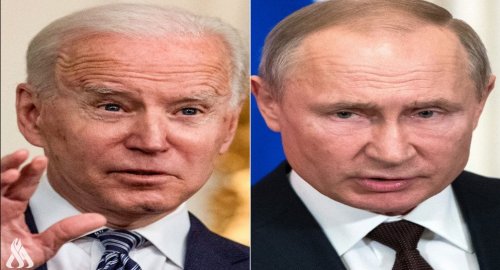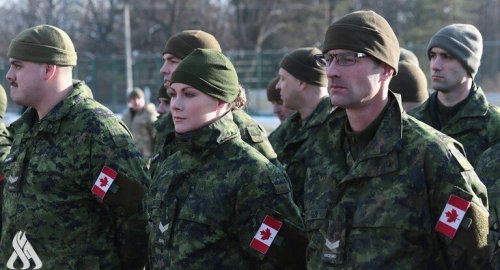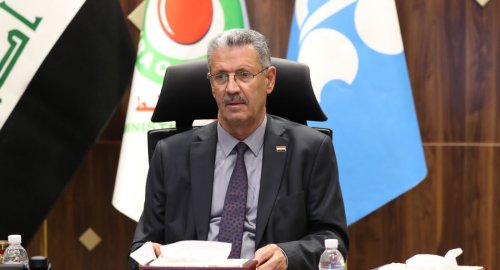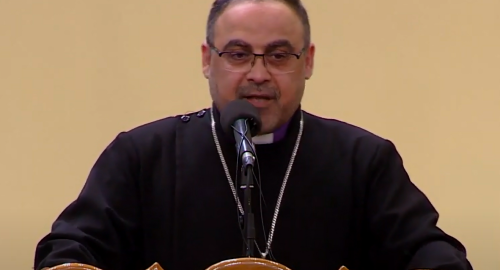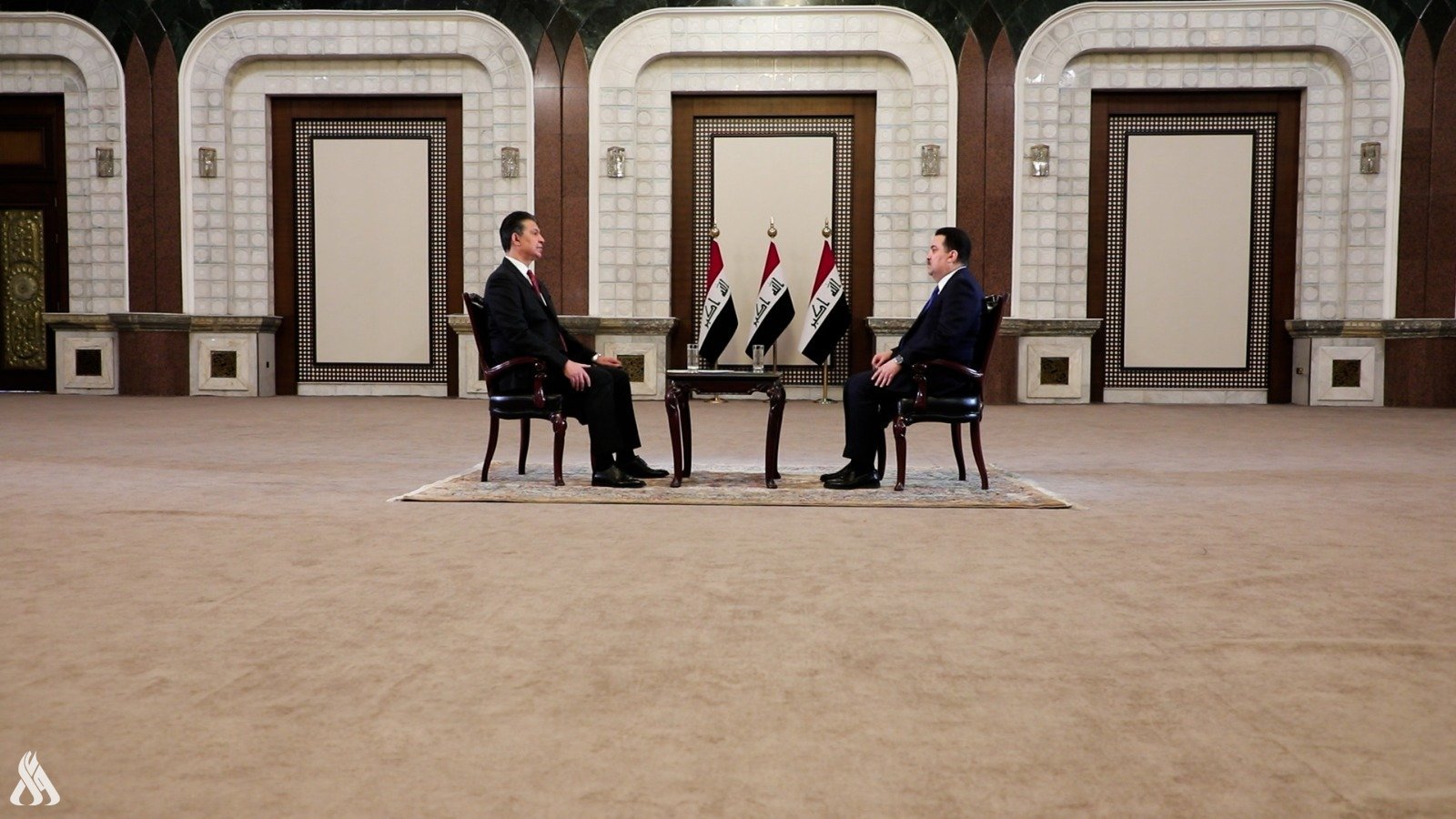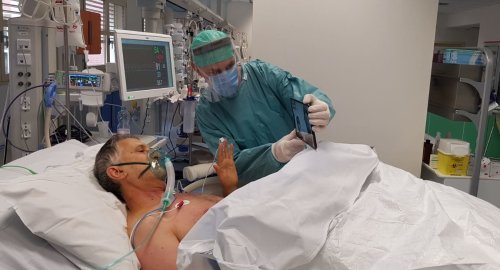
WHO says war in Ukraine 'much more likely' to lead to more COVID-19 transmission

- 6-03-2022, 10:01
INA- sources
The conflict in Ukraine may cause a surge in COVID-19 infections, straining scarce resources and contributing to more suffering and death, the World Health Organization said on a Wednesday briefing.
“Anytime you disrupt society like this, put literally millions of people on the move, an infectious disease will exploit that,” said Dr. Michael Ryan, executive director of the WHO Health Emergencies Program.
"(People are) highly susceptible to the impacts ... of being infected themselves, and it's much more likely that disease will spread," Ryan said.
A pandemic doesn’t pause for war. In fact, health experts said, war creates prime conditions for infectious diseases to flourish: densely crowded shelters, forced travel across borders and limited access to hospital resources.
Ukraine is coming off one of its worst waves of COVID-19 since the pandemic began, according to WHO data. On Feb. 4, there were a record 43,778 positive cases reported, and although cases have declined, the crisis could result in the virus easily spreading without tests available.
Ukraine received its first 500,000 doses of COVID-19 vaccine in February. The country of more than 40 million is one of the last in the region to begin inoculating its population, and only 34% of residents are fully vaccinated, according to WHO data.
The "low levels of vaccination and very level low levels of getting booster doses and the social disruption is just a perfect storm for seeing the surge in cases," said Dr. Wafaa El-Sadr, professor of epidemiology and medicine at Columbia University Mailman School of Public Health. "It's quite worrisome."
Although health experts agree the conflict is likely to lead to another surge, they said it will be nearly impossible to track as surveillance systems fall apart.
“It will all be lost in the noise,” said Dr. Eric Toner, senior scholar at the Johns Hopkins Center for Health Security at the Bloomberg School of Public Health.
“Assuming that the hospitals are able to even track admission data, there’s going to be a much bigger influx of people with war injuries than there would be COVID patients.”
Since isolating, quarantines and testing will be nearly impossible, global health experts may have to look to neighboring countries to get a sense of COVID-19 transmission, El-Sadr said.
“You might have an idea of the impact in some of the host countries that still have systems in place to collect data,” she said. For the next few weeks "we're going to be in the dark in terms of what's really happening on the ground."
A COVID-19 surge would have the biggest impact on the unvaccinated and the most vulnerable, El-Sadr said, including those who are older, have underlying health conditions or are in stressful situations where access to food and safe water is limited.
Health experts said ways to mitigate the worst effects of COVID-19, including vaccinating incoming refugees and protecting health systems and humanitarian services in Ukraine.
The latter has become difficult as attacks add pressure on health care workers to care for COVID-19 patients and those injured in the conflict.
"The sanctity and neutrality of health care, including of health workers, patient supplies, transport and facilities, and the right to safe access to care, must be respected and protected," WHO Director-General Tedros Adhanom Ghebreyesus said. "Attacks on health care are in violation of international humanitarian law."
The organization said health care supplies in Kyiv, the capital of Ukraine, are inaccessible. It is sending $5.2 million worth of emergency supplies to Poland for Ukrainian refugees and hopes to reach people who remain in their country.
As WHO officials increase humanitarian efforts to Ukraine, they said there's only one sure-fire way to prevent COVID-19 transmission, severe disease and death.
"Stop the war," said Dr. Bruce Aylward, a senior adviser at the WHO. "You want to stop infectious diseases, stop the risk, stop everything else? Stop the war."
US Central Command: We killed ISIS terrorist leader Abu Yusuf in Syria
- International
- 24/12/20
Liverpool compete with Real Madrid to sign Olympique Lyonnais star
- Security
- 24/12/19
Iraq assumes presidency of Arab Investment Company’s Executive Board
- Economy
- 24/12/17
Hackers exploiting Microsoft Teams to gain remote access to user’s system
- Multimedia
- 24/12/17
